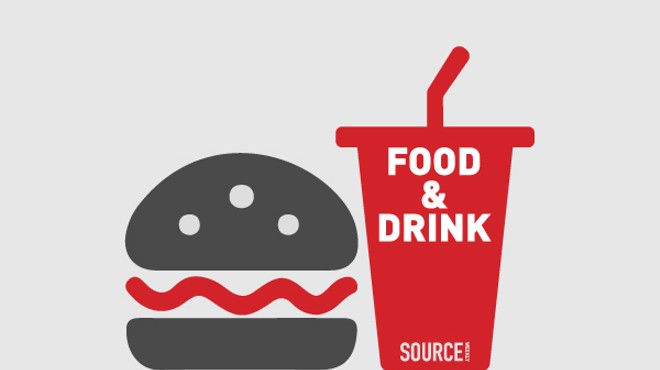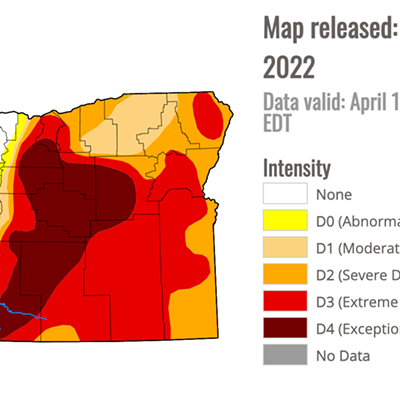When it comes to locally-sourced beverages, cider makers have no trouble finding their main ingredient pretty close to home.
With the plethora of apple varieties available, one might think a blend would go into making a hard cider. Alas, that's not the case. At Bend's Atlas Cider Company, it's the Granny Smith that contains just the right amount of tartness and flavor needed for the perfect juice blend. The company processes 10,000 gallons of apple juice a month—plus 5,000 gallons of other fruit juices, to craft their delicious ciders. That's a lot of juice.
So where does it all come from? The state of Washington produces two-thirds of the nation's apples, with Oregon coming in seventh in terms of production. With the abundance of fruit available, making cider in the Pacific Northwest is a locavore's dream. All of the juice that goes into Atlas Cider is sourced from Oregon orchards in the Hood River area. A local co-op sorts and stores the apples in warehouses, allowing fresh fruit to be available year round. They also press the apples before shipping in 5,000 gallon tankers to Atlas's production facility on Wilson Avenue. High speed pumps take about a half hour to transfer the juice from the tanker to the fermentation tanks. The apples pressed to juice in the morning in Hood River will then begin fermenting in Bend that same day.
The fermentation process for cider is a little longer than beer. After three weeks it can start to get too dry and wine-like, losing the residual sweetness of the fruit. After filtration, the kegging and canning process is the same as the craft beer industry—even though cideries are actually licensed as wineries. If you think about it, it makes total sense. Grapes and apples are both fruit pressed and fermented to create alcoholic treats. Cideries aren't brewing; they are working with juice logistics to create an alternative for the craft beer drinker.
What set Atlas apart at its conception four years ago was adding other fruit juices in with the apple juice. Seasonal fruits like apricots, blackberries and cherries are sourced from the Yakima area in Washington. (I personally am looking forward to the upcoming Cinnamon Pear winter seasonal.) The magic happens when experimenting with blends of the fruit juices to give a tasty balance between sweet, dry and tart. Finding the perfect ratio is a delicate process not devoid of surprises. As it aged, Atlas' Dragonfruit summer seasonal changed colors from magenta to a lighter pink—an interesting color for something without additives.
Meanwhile, unexpected challenges come with the territory when working with fruit. Just like vintners, Atlas is directly connected—and dependent—on the land. Cider prices will vary with the season and are subject to changes in the weather. If there is a lot of good rain, then the fruit has a good season and we enjoy lower prices. Hence, Atlas' tagline, "Northwest to the Core."
























